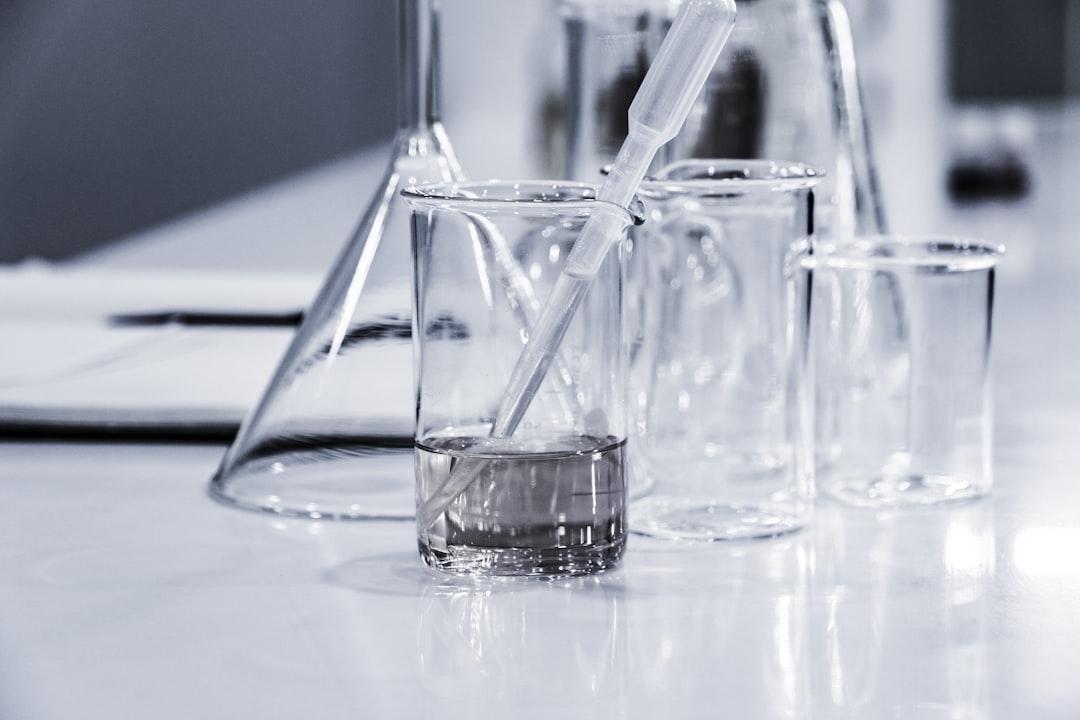Chemical Production Operator Kaiwhakamahi Whakaputa Matū
Chemical production operators perform a variety of tasks involved in producing toiletries or pharmaceutical products, including ointments, creams, aerosols, tablets, capsules, bandages and vaccines.
Chemical production operators may do some or all of the following:
- weigh, measure and mix ingredients for ointments, creams, tablets and liquid medication
- control the temperature and operation of machines
- apply coatings to some products for flavour, colour or protection
- operate and sterilise machines
- keep records, complete batch documentation and do paperwork.
Useful Experience
Useful experience for chemical production operators includes factory or laboratory work.
Personal Qualities
Chemical production operators need to be:
- accurate, with an eye for detail
- careful and safety-conscious
- practical and reliable
- able to work well in a team and unsupervised
- able to follow instructions
- good at basic maths and science.
Skills
Chemical production operators need to have knowledge of:
- the product they are producing
- quality control and the code of good manufacturing practice
- how to operate specialist machines
- safety procedures and hygiene regulations.
Conditions
Chemical production operators:
- usually work regular business hours
- work in factories
- often work with hazardous products and must wear safety clothing.
Subject Recommendations
There are no specific secondary education requirements to become a chemical production operator. However, maths, chemistry, processing technologies and English are useful.
Related Courses
Chemical Production Operators can earn around $23-$28 per hour.
Pay for chemical production operators varies depending on experience and employer.
- Trainee and apprentice chemical production operators usually earn minimum wage.
- Chemical production operators with up to four years' experience usually earn up to $25 an hour.
- Experienced chemical production operators with five or more years' experience, or who work as team leaders, can earn up to $28 an hour.
Source: Competenz, 2018; and New Zealand Pharmaceuticals, 2018.
Chemical production operators may progress into supervisory or team leader roles. With experience they can move into managerial roles such as production manager.
They may also specialise in working with a particular product, such as prescription medicine, or a stage of the production process such as controlling the operation of a particular machine.
Years Of Training
There are no specific requirements to become a chemical production operator as most skills are learned on the job. However, because you may work with controlled substances, you must not have any criminal convictions.
Chemical production operators can work towards a New Zealand Certificate in Manufacturing (Level 2) on the job.

 Epsom Girls Grammar School
Epsom Girls Grammar School